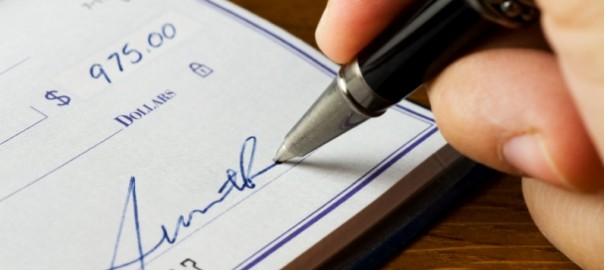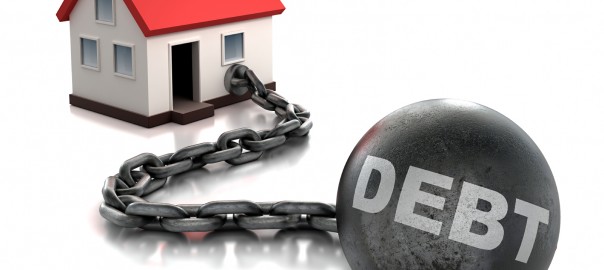The Most Common Excuses That Debtors Make

As a creditor, it is important that you identify whether or not the debtor is having cash flow issues. If you quickly determine that the debtor is unable to pay their dues, then you can use the time to contact a debt collection agency or debt collection lawyer. There are a few telltale signs that the debtor is unable to pay his or her debts, most often by these overused excuses; take a look.
- “Yes, of course! I will pay the account as soon as possible.” This is the classic delay strategy. The objective is to fool the creditor into thinking that they will pay the account momentarily. The truth is that, on this occasion, they have not provided the creditor with an exact date, and there will come a time where the debtor will have to be contacted again.
- “I have paid the account, it must not have reflected yet.” If the debtor has used this excuse more than once for a single invoice over the space of 30 days, then it is a clear and blatant lie. On the rare occasion that the bank is the guilty party, it is the debtor’s responsibility to pursue the issue with the bank.
- “I have not received an invoice yet.” Probably the most common excuse of the lot. The reason why this excuse is so well used is because it works. However, there are some tactics that can be used to avoid this problem. The first is by ensuring a receipt and ‘item read’ notification on your emails, or by having the debtor pick up a physical receipt from the post office.
In any event, if you believe that the debtor in question is delaying payment or without financing the invoice, ensure that you contact a debt collection agency. For commercial and larger debt issues, contacting a debt collection lawyer is often the best thing to do. If you are looking for an experienced and well-versed debt collection lawyer in South Africa, then make sure you contact Ivan Zartz Attorneys today!




